Cleocin is the brand name for the generic drug clindamycin, which belongs to the class of antibiotics known as lincosamides. It is primarily used to treat a variety of bacterial infections, including skin and soft tissue infections, respiratory tract infections, bone and joint infections, and pelvic inflammatory disease.
Cleocin works by inhibiting the growth of bacteria and preventing them from multiplying further. It does this by binding to the 50S subunit of the bacterial ribosome, thereby inhibiting protein synthesis.
Safety Measures
There are certain situations in which the use of Cleocin may not be advised or should be used with caution. It is important to consult with a healthcare professional or pharmacist before taking this medication if:
- You are allergic to clindamycin or any other lincosamide antibiotics.
- You have a history of gastrointestinal problems, such as Crohn’s disease or ulcerative colitis.
- You have a history of liver disease or jaundice.
- You are pregnant or breastfeeding.
Adverse Reactions
Like any medication, Cleocin may cause side effects. Common side effects include:
- Nausea
- Vomiting
- Diarrhea
- Abdominal pain
- Rash
More serious side effects may occur, although they are less common. These can include severe allergic reactions, such as hives, difficulty breathing, and swelling of the face or throat. If any severe side effects occur, immediate medical attention should be sought.
Instructions for Cleocin
It is important to follow the instructions provided by your healthcare professional or pharmacist when taking Cleocin. The recommended dosage and duration of treatment will vary depending on the type and severity of the infection.
If a dose of Cleocin is missed, it should be taken as soon as possible. However, if it is close to the time of the next scheduled dose, the missed dose should be skipped. Double doses should not be taken to make up for a missed dose.
In the event of an overdose, medical attention should be sought immediately. Symptoms of an overdose may include severe nausea, vomiting, stomach pain, and diarrhea.
Cleocin and Other Medications
Cleocin may interact with other medications, potentially affecting their efficacy or increasing the risk of side effects. It is important to inform your healthcare professional or pharmacist about all other medications you are taking, including prescription drugs, over-the-counter medications, and herbal supplements. Some medications that may interact with Cleocin include:
| Medication | Potential Interaction |
|---|---|
| Erythromycin | May increase the risk of certain side effects, such as gastrointestinal problems and liver toxicity. |
| Warfarin | May increase the anticoagulant effect of warfarin, leading to an increased risk of bleeding. |
| Clindamycin phosphate topical solution | May increase the absorption of clindamycin, leading to an increased risk of systemic side effects. |
Common Questions
-
1. Can I take Cleocin if I am pregnant?
Cleocin should only be taken during pregnancy if the benefits outweigh the potential risks. It is important to consult with your healthcare professional before taking this medication. -
2. Can Cleocin be used to treat viral infections?
No, Cleocin is only effective against bacterial infections and should not be used to treat viral infections, such as the common cold or flu. -
3. Can Cleocin be taken with food?
Cleocin can be taken with or without food. However, taking it with food may help reduce the risk of gastrointestinal side effects. -
4. Can Cleocin be used in children?
Cleocin can be used in children, but the dosage will be adjusted based on their weight and age. It is important to follow the instructions provided by a healthcare professional. -
5. Can I drink alcohol while taking Cleocin?
It is generally recommended to avoid consuming alcohol while taking Cleocin, as it may increase the risk of certain side effects, such as gastrointestinal problems and liver toxicity.
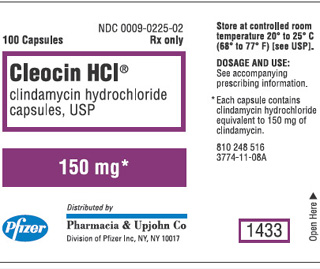
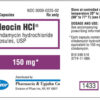
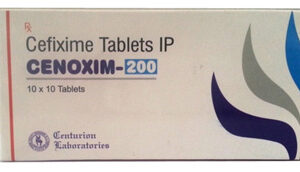
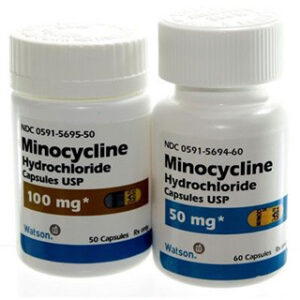
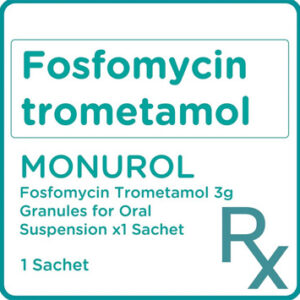

Reviews
There are no reviews yet.